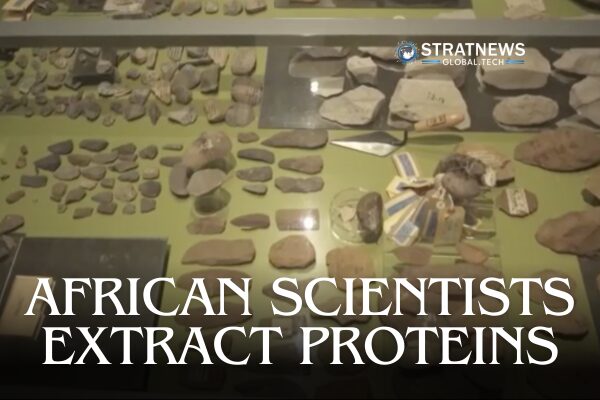African Scientists Extract Two-Million-Year-Old Proteins in Historic First
In a scientific first, African researchers have successfully extracted two-million-year-old enamel proteins from fossilised teeth in South Africa. This breakthrough has revealed rare biological details about Paranthropus robustus, an extinct species that lived alongside early humans.
The fossils were found at the Cradle of Humankind, a UNESCO World Heritage Site near Johannesburg. This site is the world’s richest source of hominin remains, thanks to the region’s unique geology which helped preserve these ancient fossils.
Unlocking Ancient Secrets with Enamel Proteins
The research team used palaeoproteomics, a technique that studies ancient proteins that can survive much longer than DNA, especially in warm climates like Africa’s. This method allows scientists to look deeper into human evolution than ever before.
Dr Robyn Pickering from the University of Cape Town explained that teeth act as “time capsules” preserving enamel proteins. Since these proteins are made by DNA, they provide an “echo” of genetic information from two million years ago, offering insight into our evolutionary history even when DNA cannot survive.
In Africa, DNA rarely remains in ancient remains older than 20,000 years, making this protein-based method a valuable tool for studying deep human history. Professor Rebecca Ackermann from the University of Cape Town emphasised that these proteins allow scientists to look back far beyond what DNA can show, reaching as far as two million years into the past.
Revealing Traits of Paranthropus robustus
Researchers extracted proteins from four fossilised teeth found at the Swartkrans Cave site, identifying the biological sex and traits of these ancient individuals. Dr Lauren Schroeder from the University of Toronto noted that the team discovered the sex of the individuals, revealing details about sexual dimorphism within the species.
Paranthropus robustus lived between 2.8 and 1.2 million years ago, following a separate evolutionary path from early humans. This discovery provides new insights into their biology and helps scientists understand how these early relatives lived.
African Scientists Lead a New Era in Human Origins Research
This project also marks a significant shift in leadership in the field of human origins research. African scientists are taking the lead in uncovering the continent’s past, challenging the Western dominance in the study of ancient biomolecules.
Dr Palesa Madupe from the University of Cape Town highlighted the importance of including African scientists in such research, ensuring that those from the continent are central in telling the human story from its origins.
With this breakthrough, African researchers are not only unlocking long-lost biological information but also reclaiming their role in shaping the narrative of human history where it all began.
with inputs from Reuters


